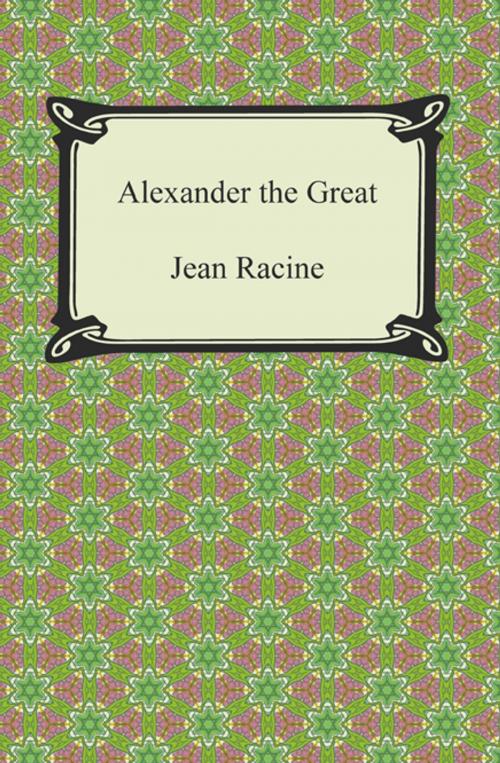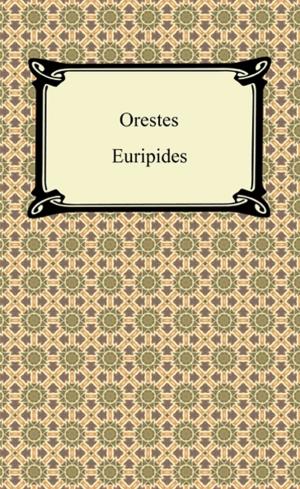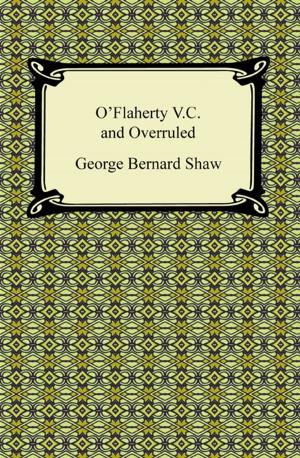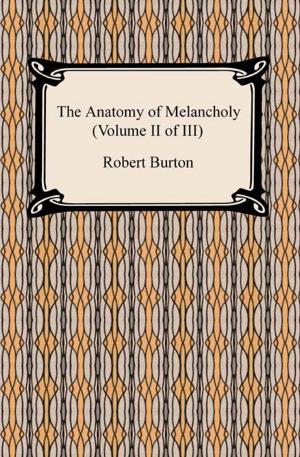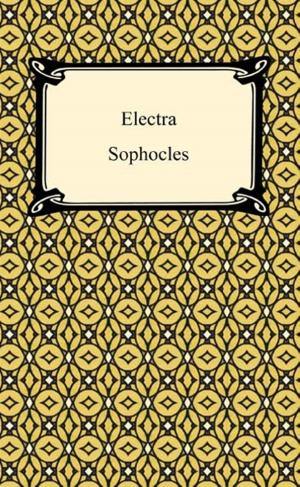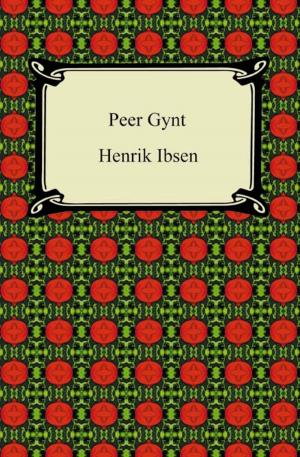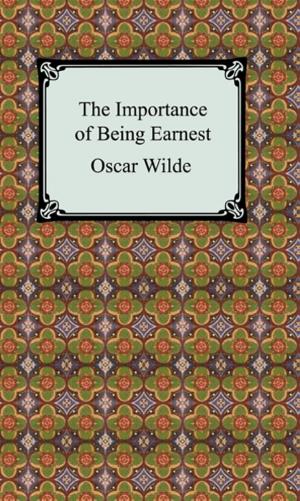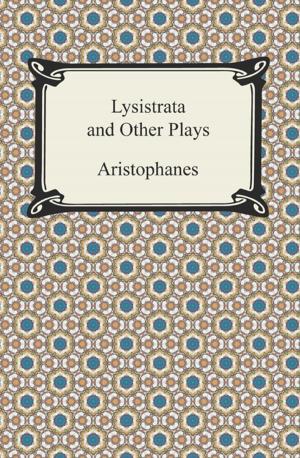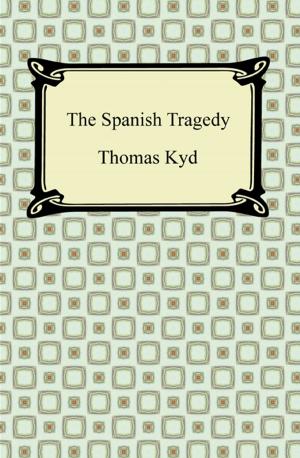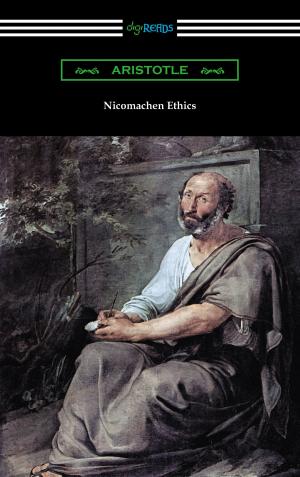| Author: | Jean Racine | ISBN: | 9781420948875 |
| Publisher: | Neeland Media LLC | Publication: | December 15, 2009 |
| Imprint: | Digireads.com Publishing | Language: | English |
| Author: | Jean Racine |
| ISBN: | 9781420948875 |
| Publisher: | Neeland Media LLC |
| Publication: | December 15, 2009 |
| Imprint: | Digireads.com Publishing |
| Language: | English |
The 17th century dramatist Jean Racine was considered, along with Molière and Corneille, as one of the three great playwrights of his era. The quality of Racine's poetry has been described as possibly his most important contribution to French literature and his use of the alexandrine poetic line is one of the best examples of such use noted for its harmony, simplicity and elegance. While critics over the centuries have debated the worth of Jean Racine, at present, he is widely considered a literary genius of revolutionary proportions. In this volume of Racine's plays we find "Alexander the Great", the second of twelve plays by the author. As you would expect the drama concerns its titular character and his love for the Indian princess Cleofile. Based largely on the histories of Roman historian Quintus Curtius Rufus, Alexander finds his pursuit of love of the Indian princess complicated by intrigues between her brother Taxilus and his ally Porus.
The 17th century dramatist Jean Racine was considered, along with Molière and Corneille, as one of the three great playwrights of his era. The quality of Racine's poetry has been described as possibly his most important contribution to French literature and his use of the alexandrine poetic line is one of the best examples of such use noted for its harmony, simplicity and elegance. While critics over the centuries have debated the worth of Jean Racine, at present, he is widely considered a literary genius of revolutionary proportions. In this volume of Racine's plays we find "Alexander the Great", the second of twelve plays by the author. As you would expect the drama concerns its titular character and his love for the Indian princess Cleofile. Based largely on the histories of Roman historian Quintus Curtius Rufus, Alexander finds his pursuit of love of the Indian princess complicated by intrigues between her brother Taxilus and his ally Porus.
